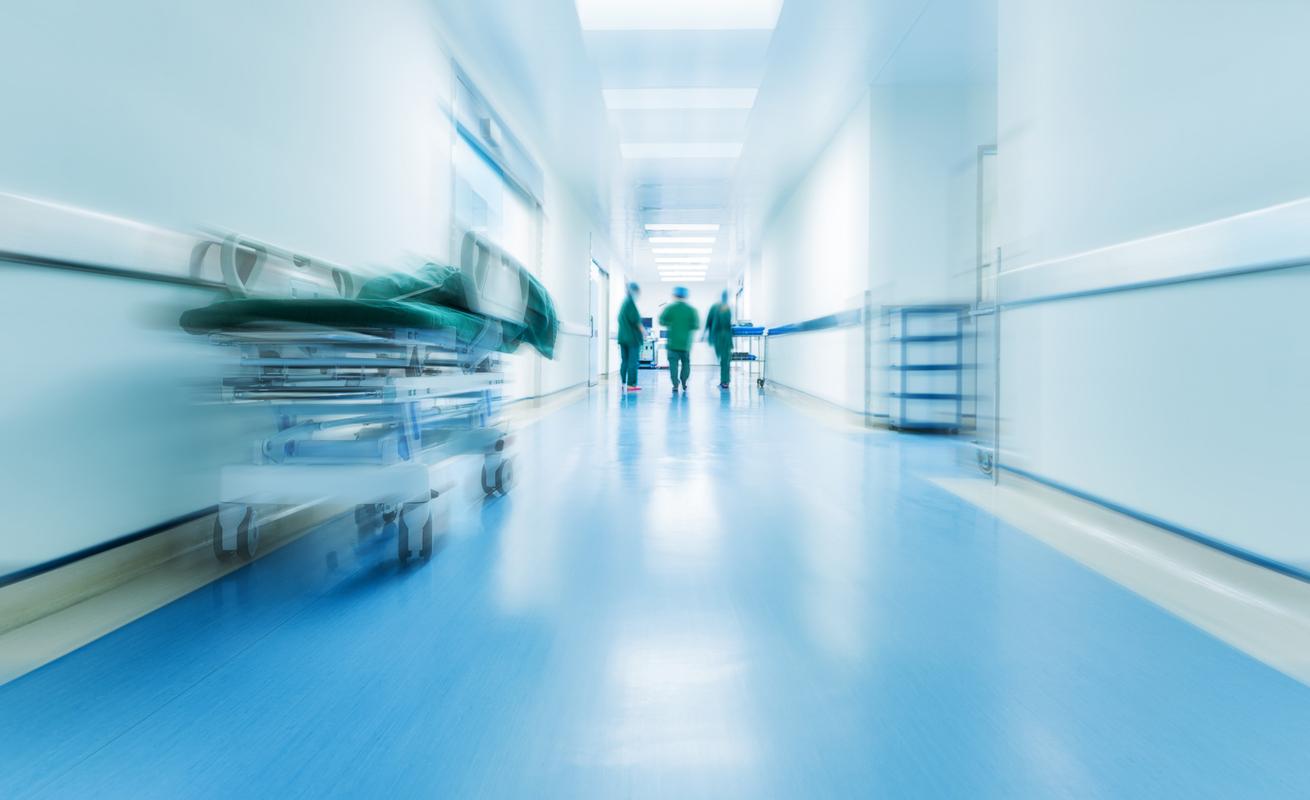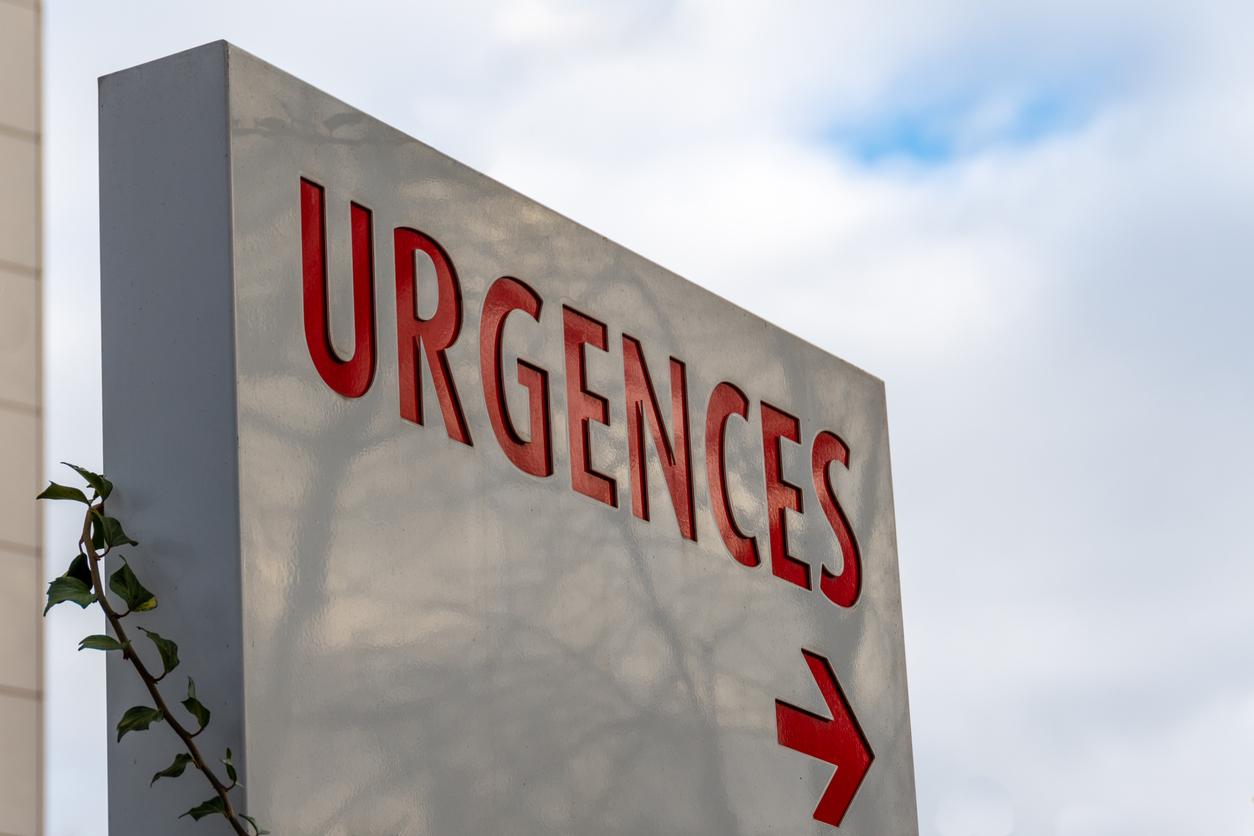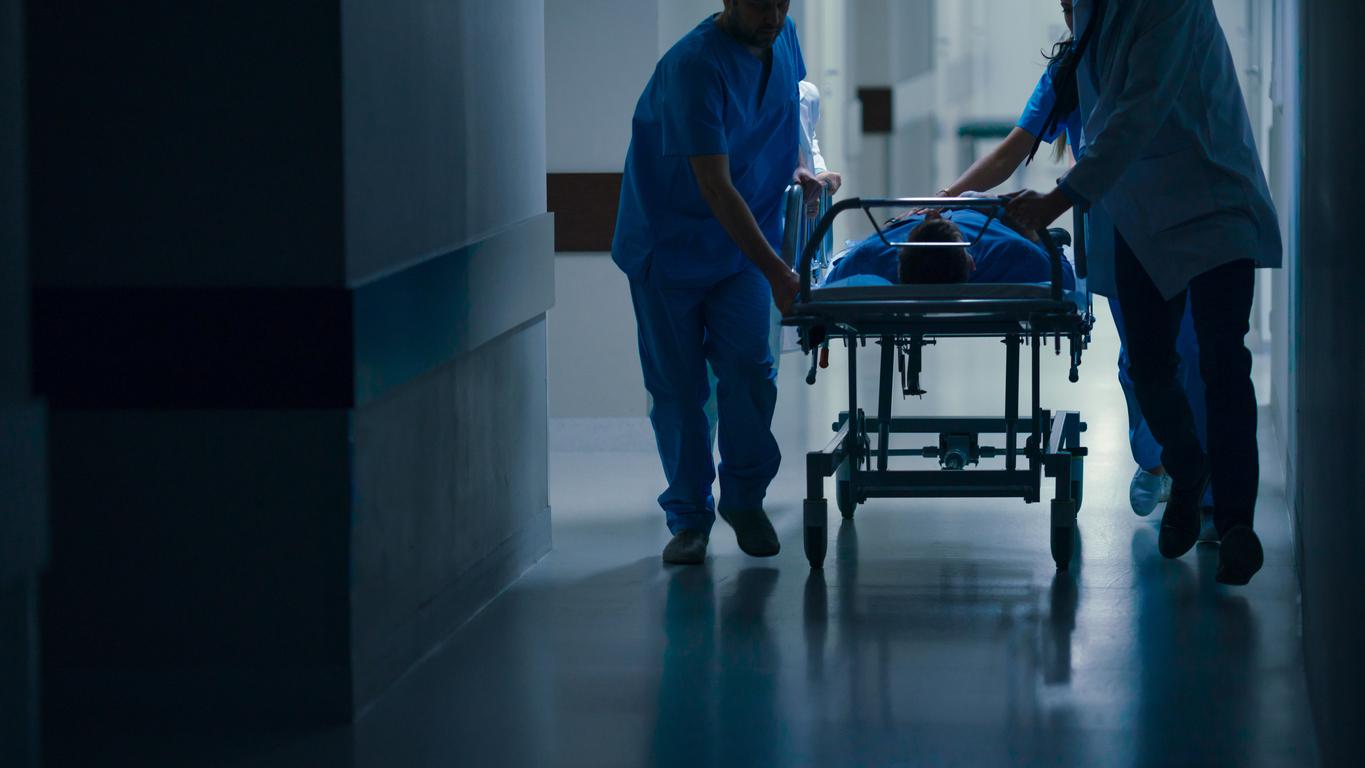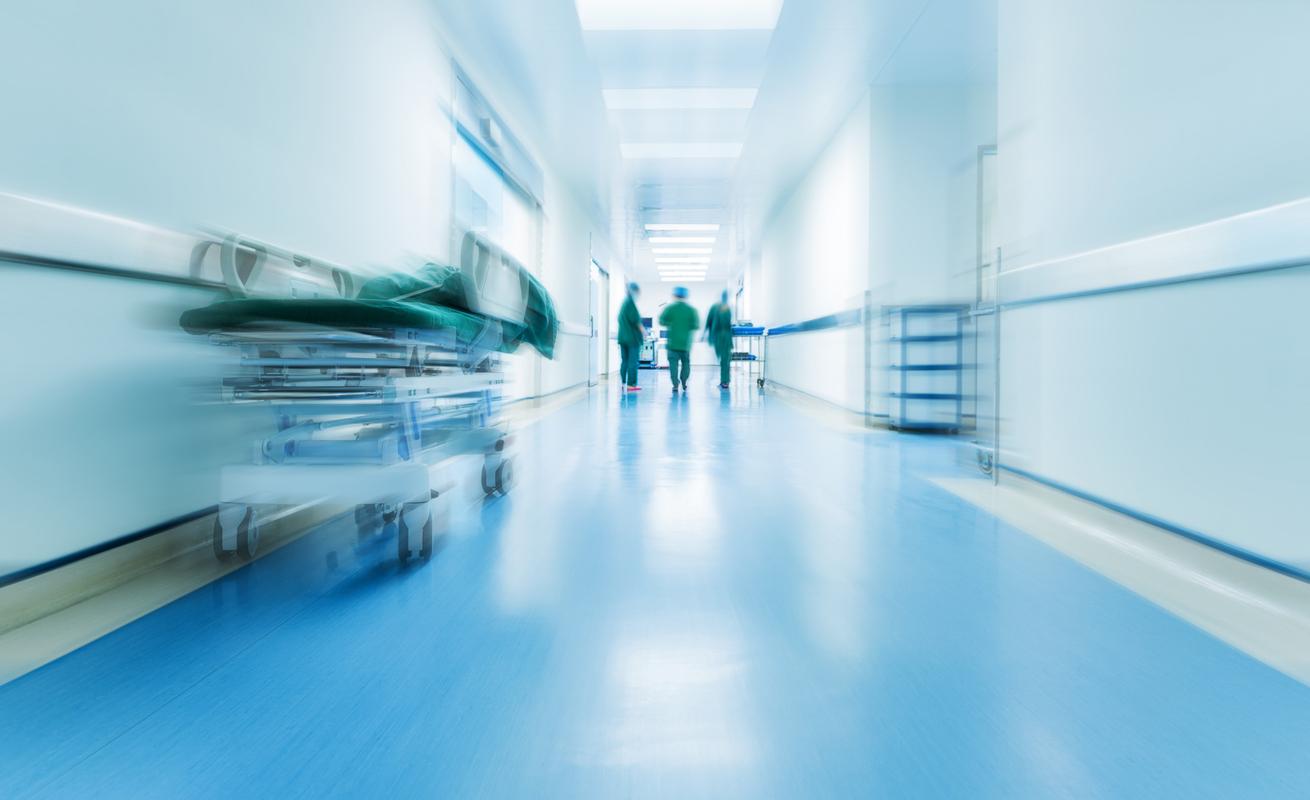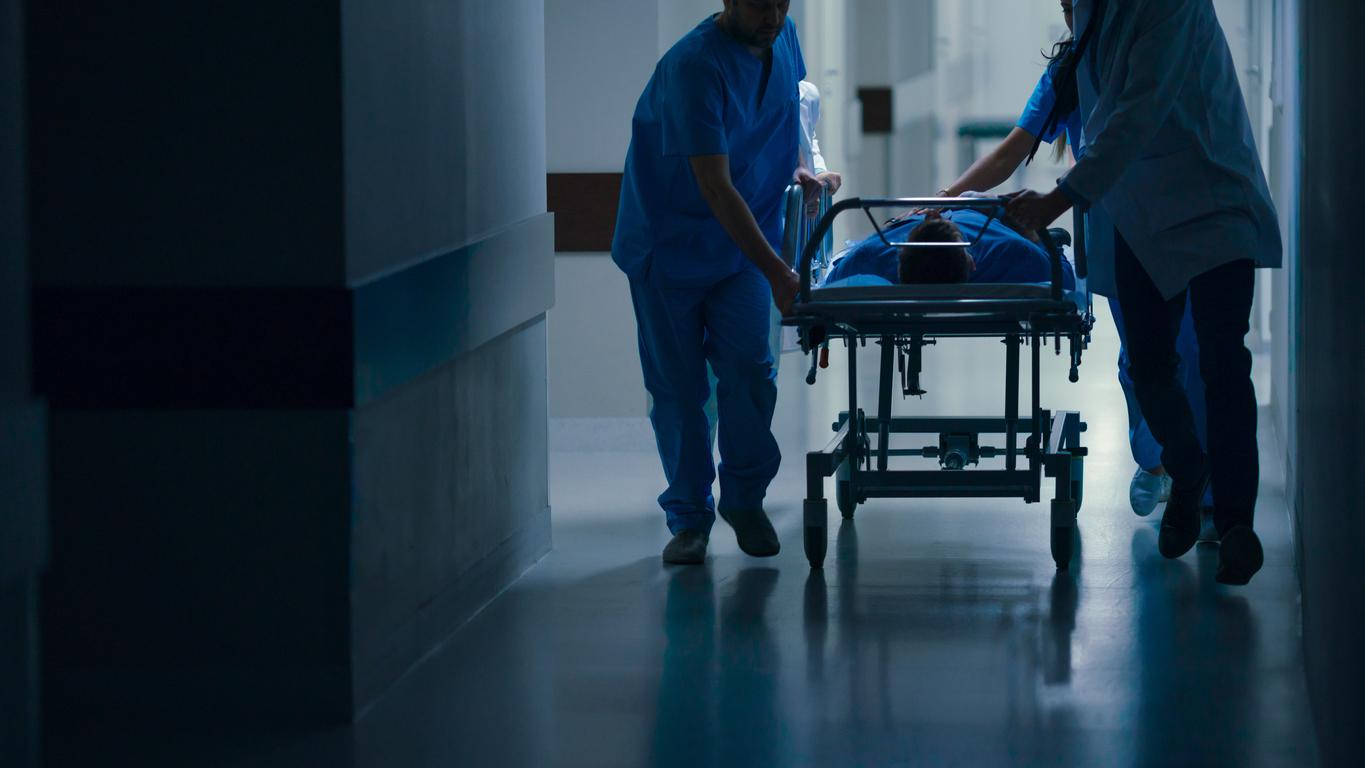Hospitalizations linked to Covid-19 are falling (-31.4% in 7 days) and since the end of the state of health emergency on 1er August 2022, some rules at the hospital are changing. If the health pass is no longer required to enter a health facility whether you are a visitor, patient or staff, certain health measures remain in force. This is the case of wearing a mask, which can be imposed by medical decision and which is already maintained in certain establishments including AP-HP, AP-HM (Marseille) and Rennes University Hospitals, Bordeaux or even Nancy.
So what about the negative test required before a medical or surgical procedure ? “The performance of a test (like any other analysis or examination) may be deemed relevant or necessary by the medical and care teams to ensure the correct diagnosis, the correct treatment and the correct orientation of the patients. In this context, it is a medical decision which therefore falls to the teams taking care of the patient.said the Ministry of Health at Parisian.
As a precaution, some establishments have therefore announced that they will keep this measure in force, despite the end of the state of health emergency. At the Oscar Lambret center in Lille, “a negative PCR test of less than 72 hours is still required for patients hospitalized in surgery or medicine”, regardless of their vaccination status. Ditto at the Gustave Roussy center, for the sick “undergoing surgery, including on an outpatient basis” with a delay of 72 hours if one is vaccinated and 24 hours if one is not vaccinated. To the Rotschild Foundation, “a negative PCR test of less than 48 hours remains mandatory for any hospitalization“.
Because if the vaccination reduces the severity of infection, she does not rule it out. “It is a protective measure above all for other fragile patients.says Olivier Joannes-Boyau, head of the anesthesia-resuscitation center at the Bordeaux hospital center, who also kept the mandatory test before hospitalization.
What to do if the test is positive?
It is therefore best to obtain information directly from the health establishment where the hospitalization will take place in order to check whether he kept this measure or not.
In the event of a positive test, hospitalization can be maintained (with isolation) but if there is no emergency or no possibility of isolating the patient, the medical staff can decide to postpone the operation until several weeksin particular to limit the risk of post-operative complications.
The initially recommended deadline was six weeks, but was lowered to four for vaccinated patients. “We remain for the moment on this recommendation which aims to protect the patient himself, but we can obviously go below four weeks for a cancer operation, for example.“, concludes Dr. Olivier Joannes-Boyau.











